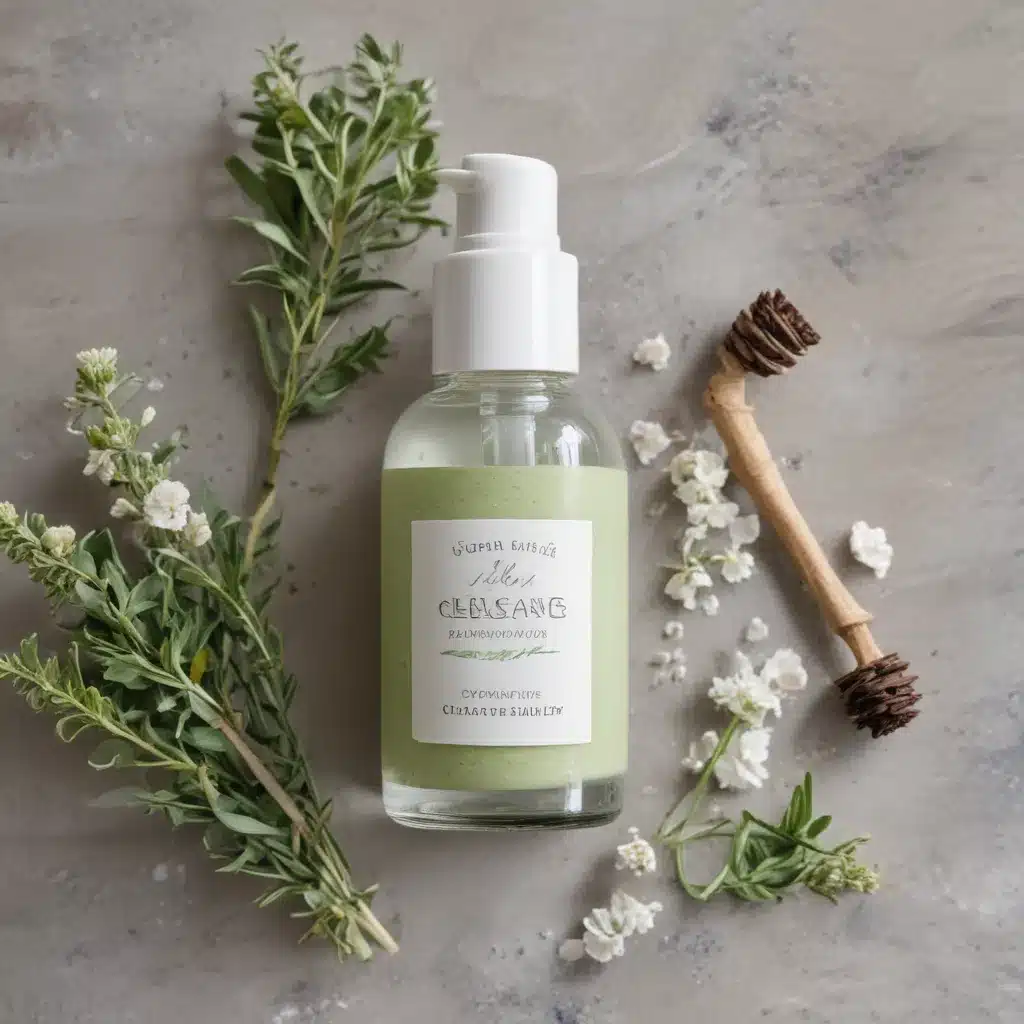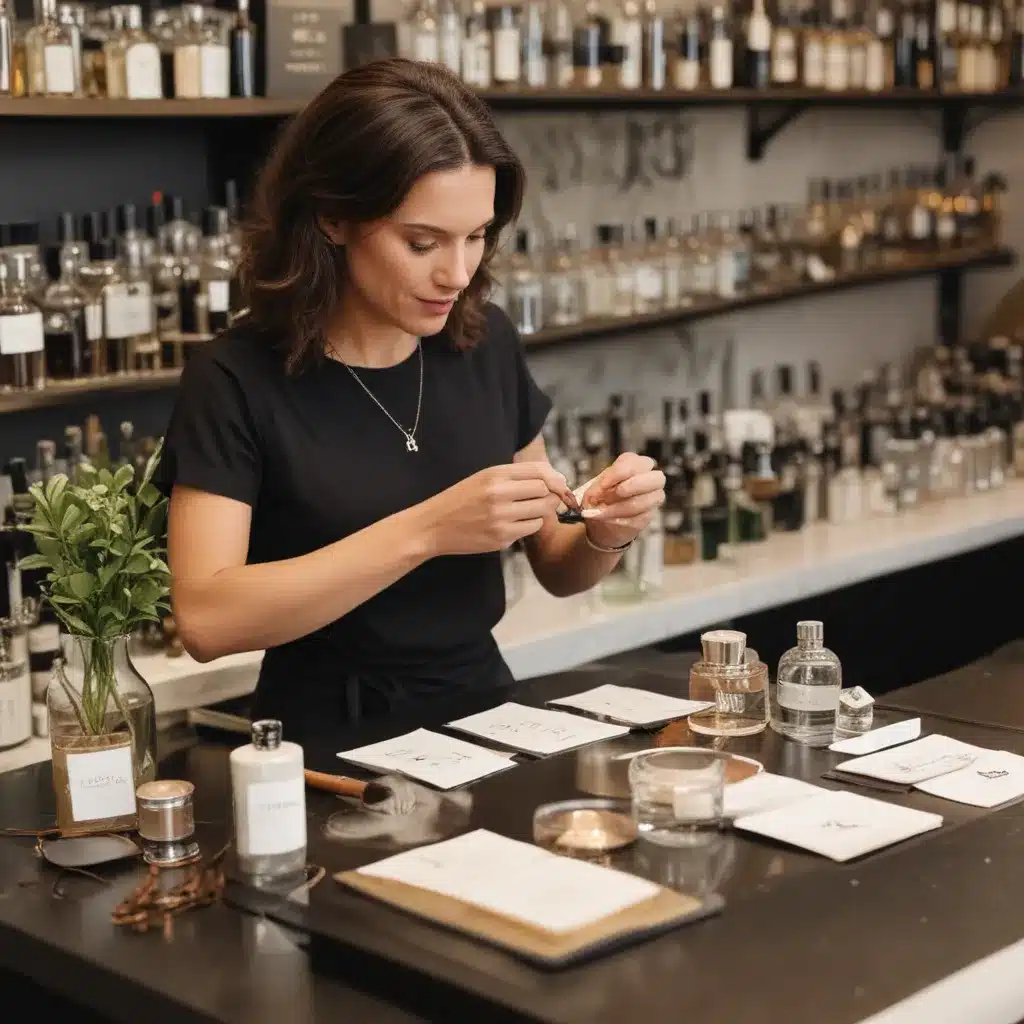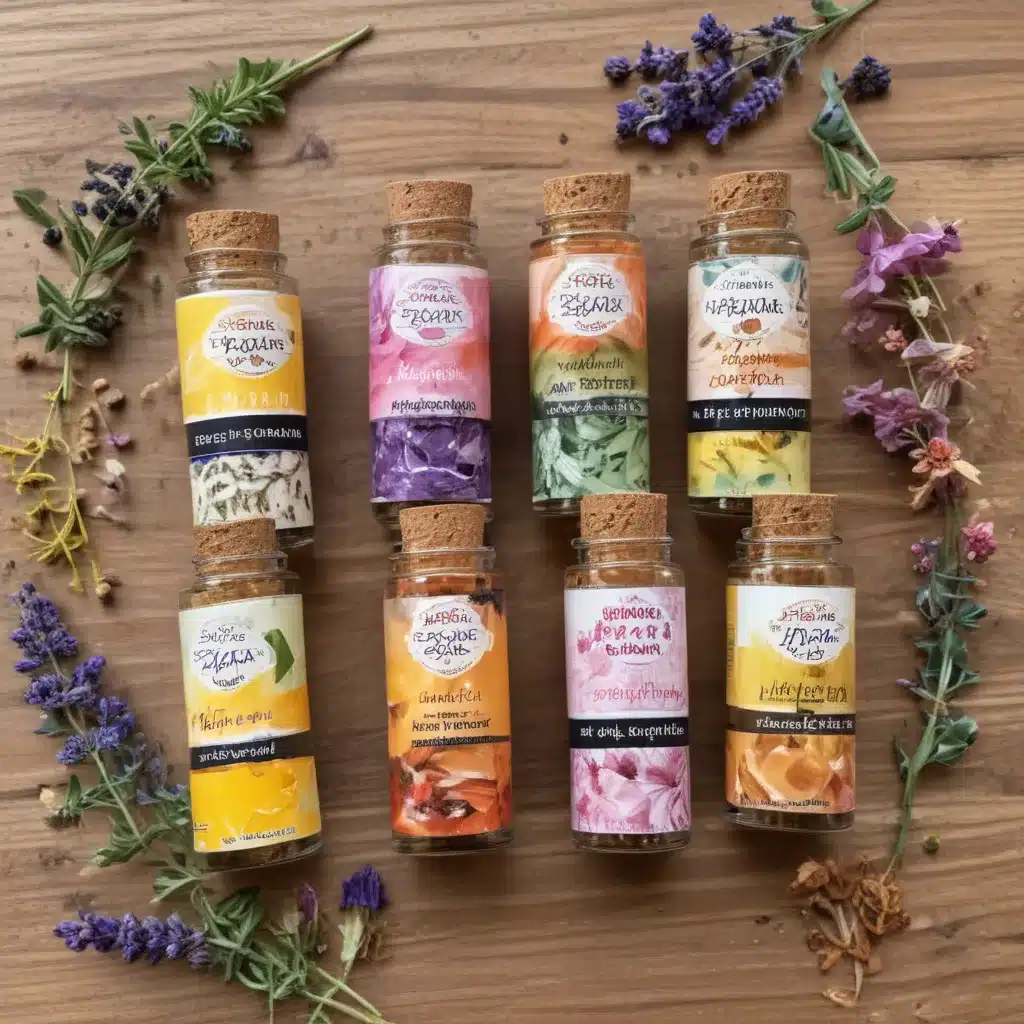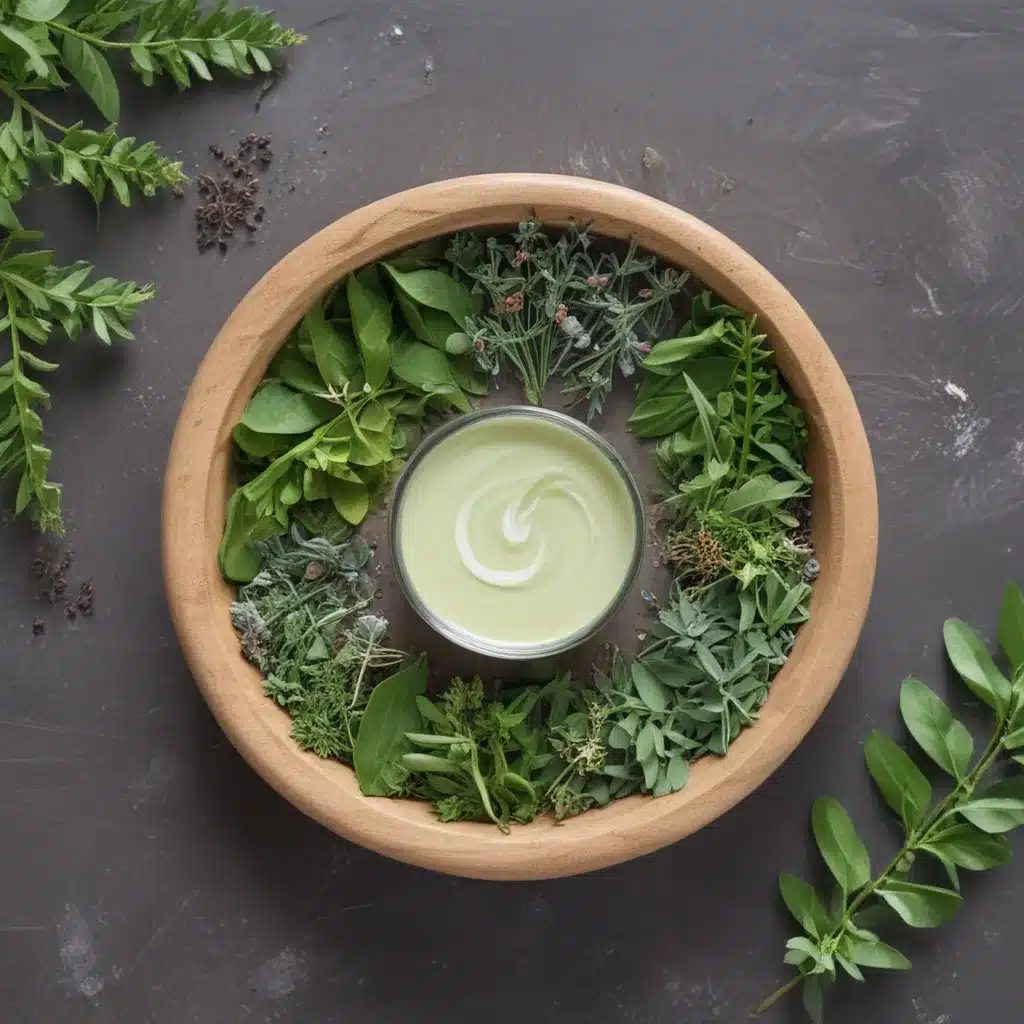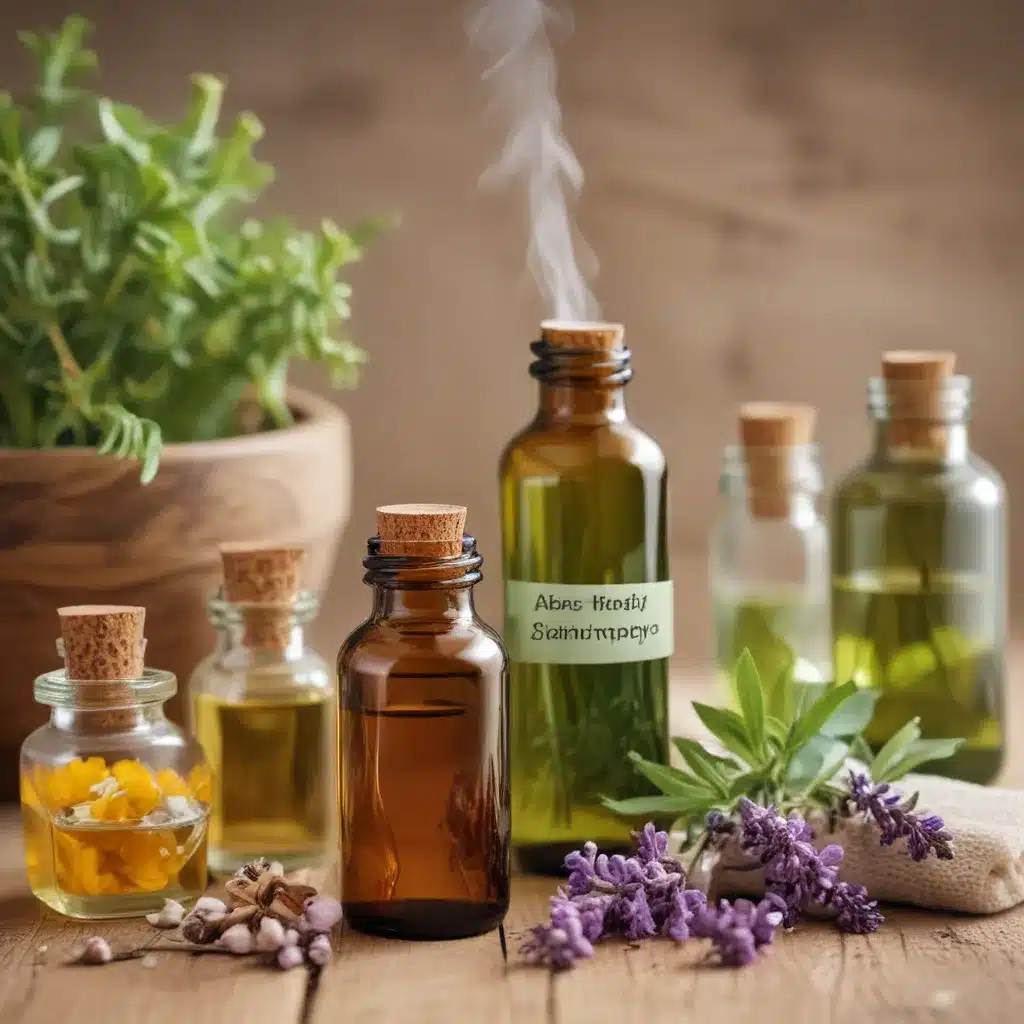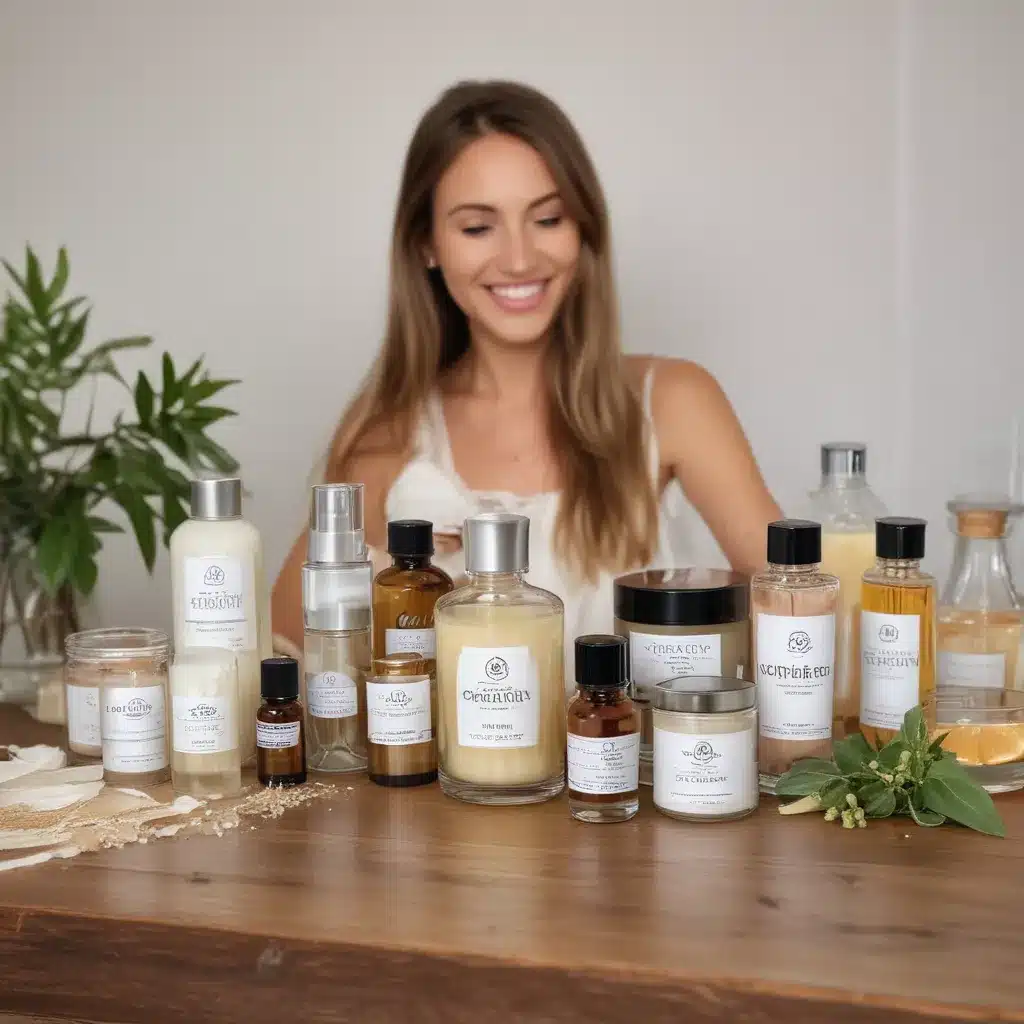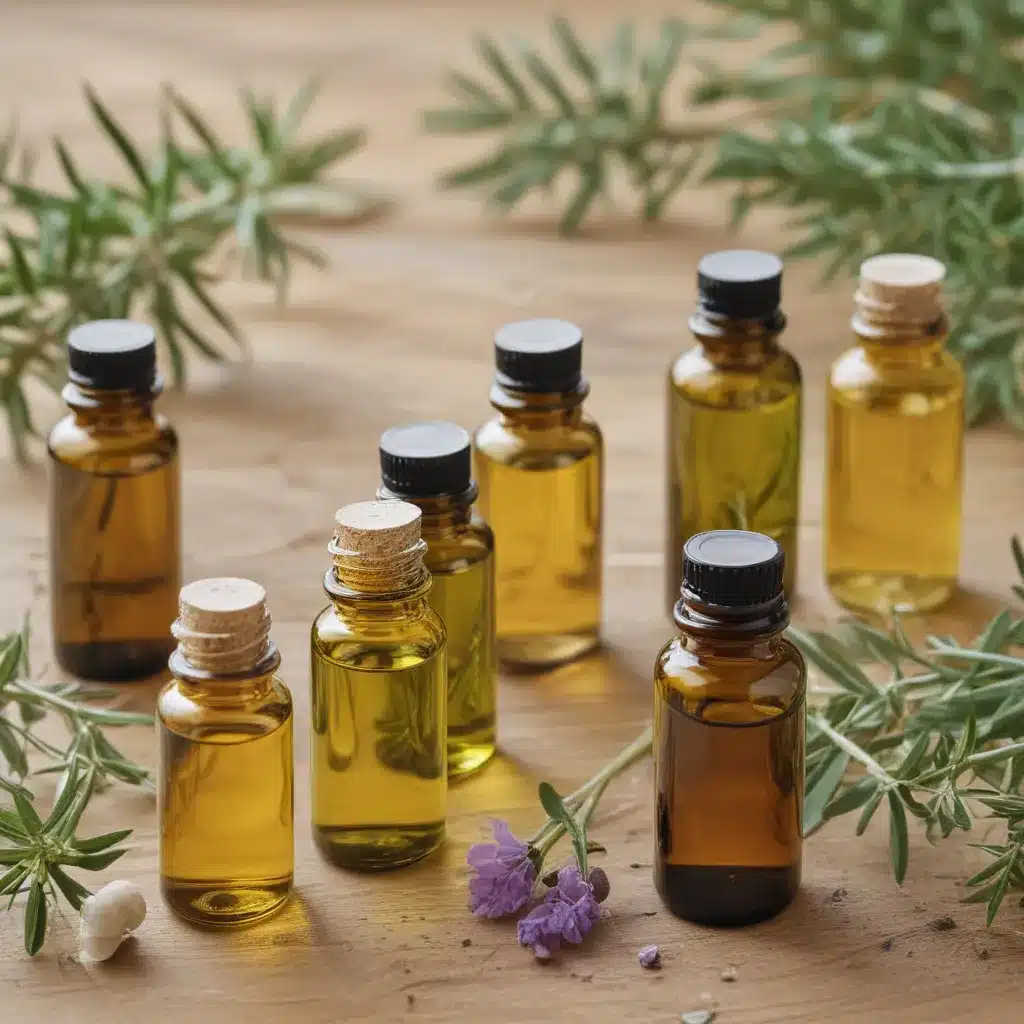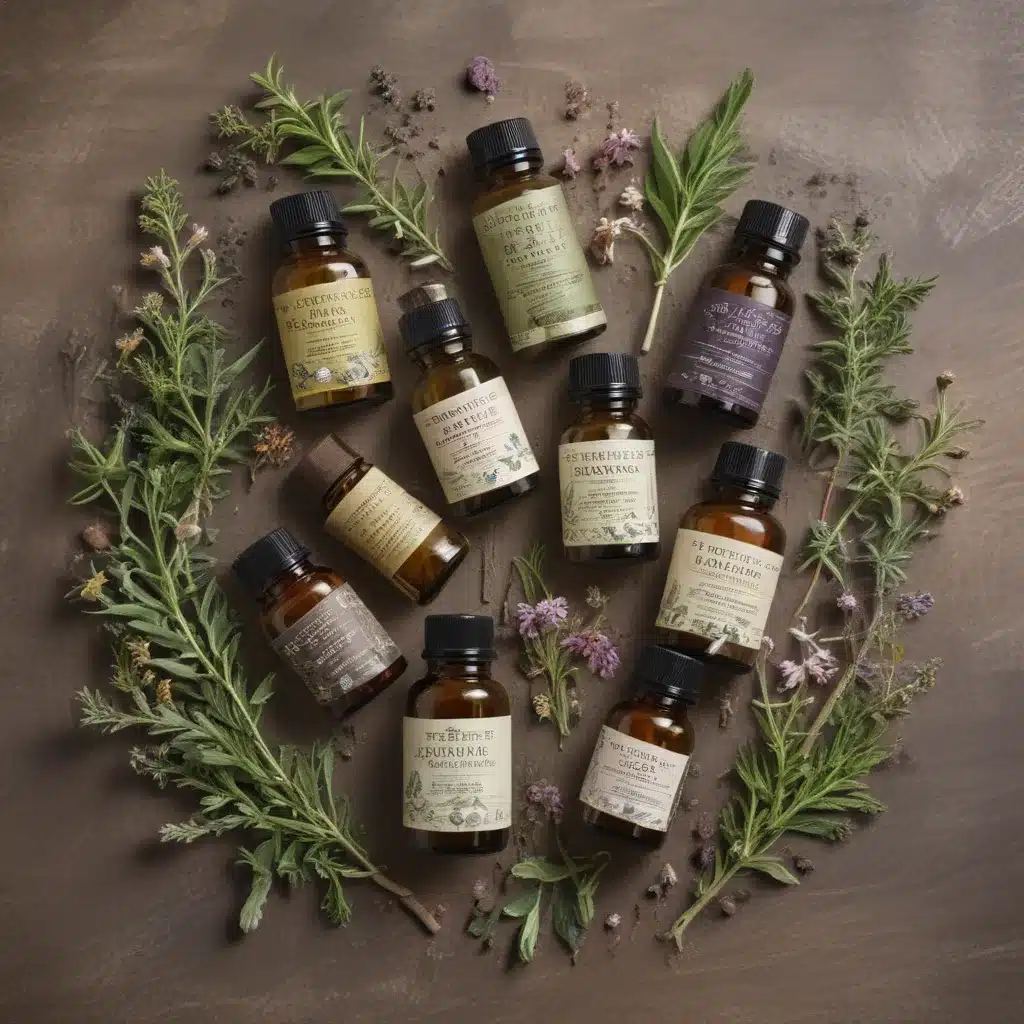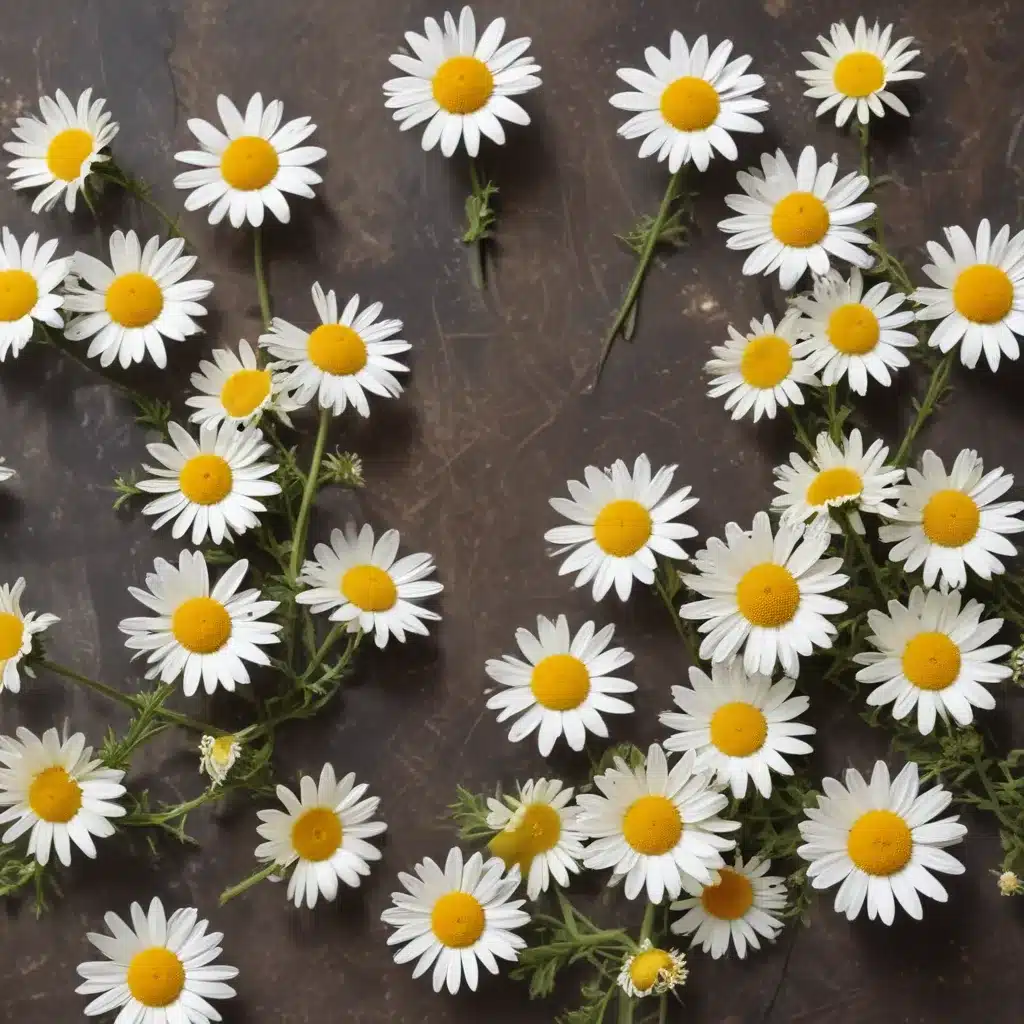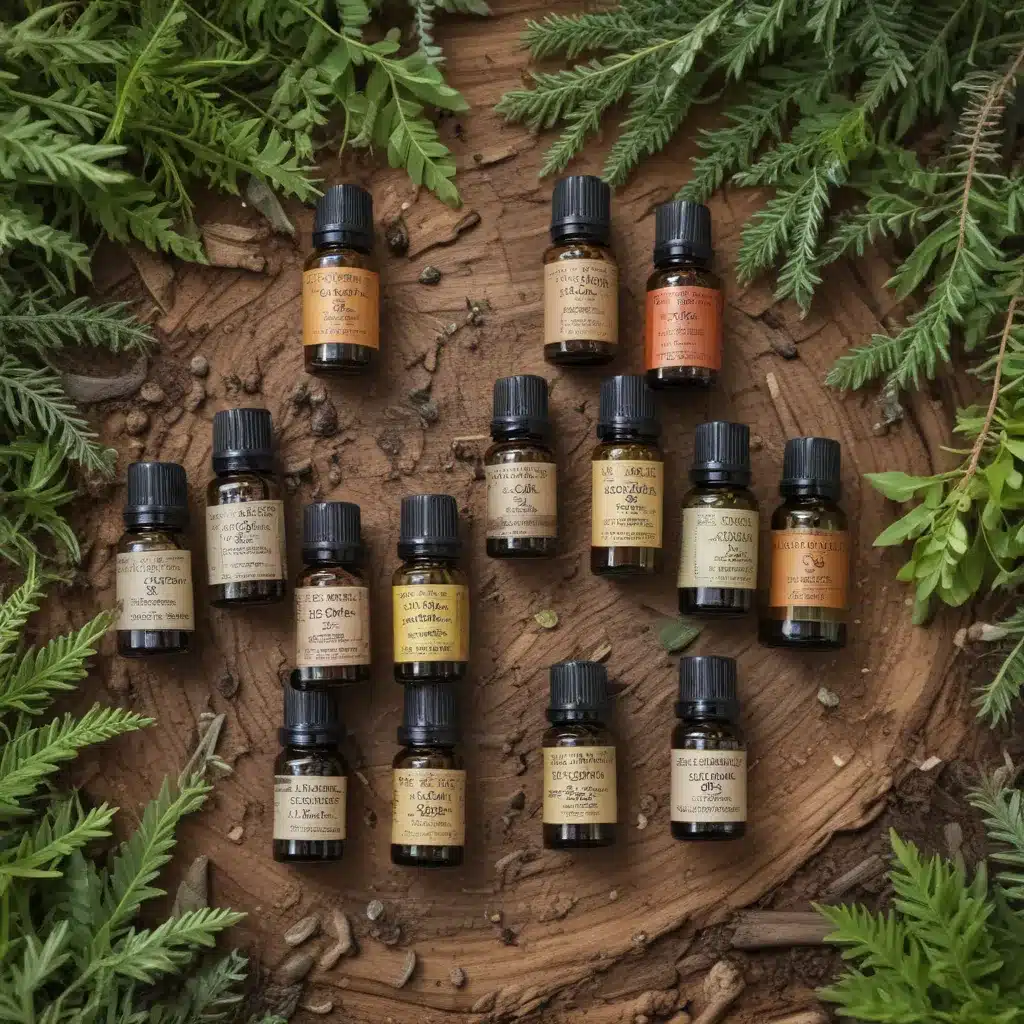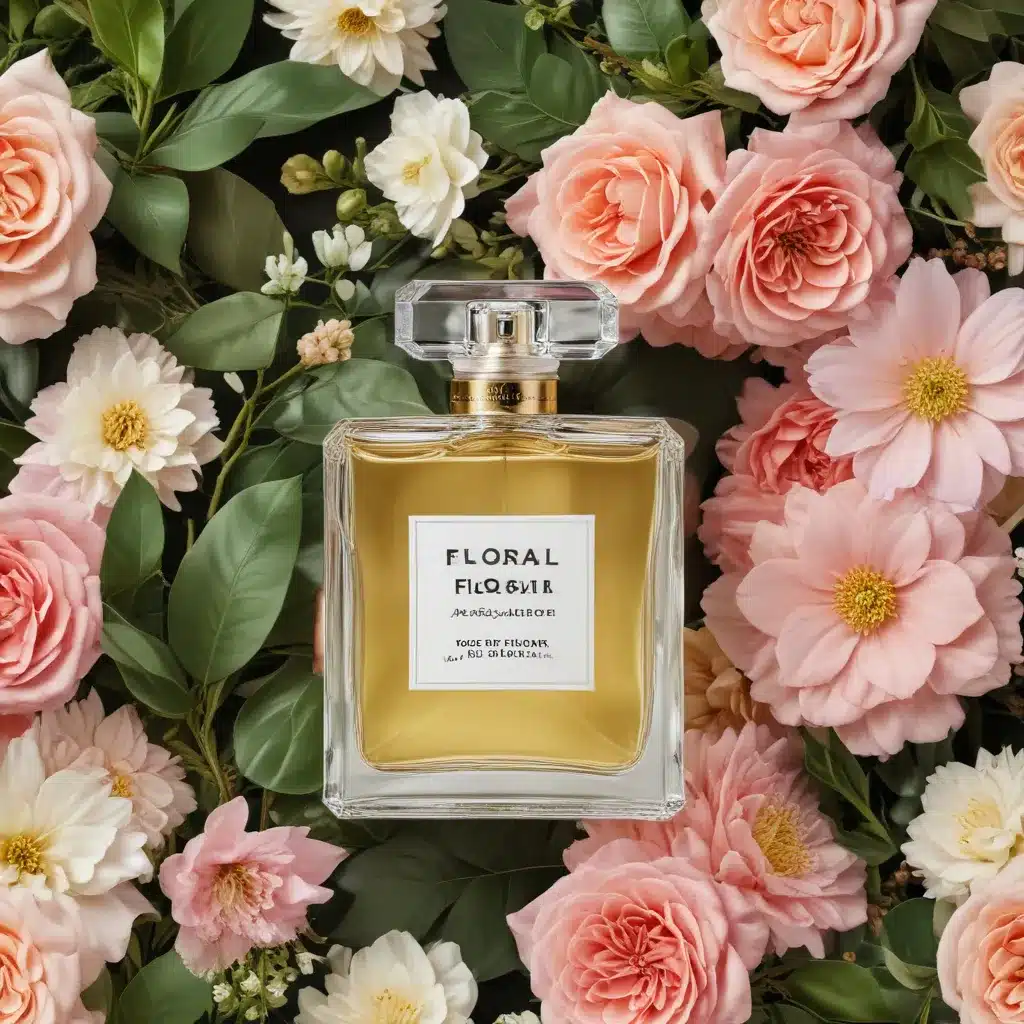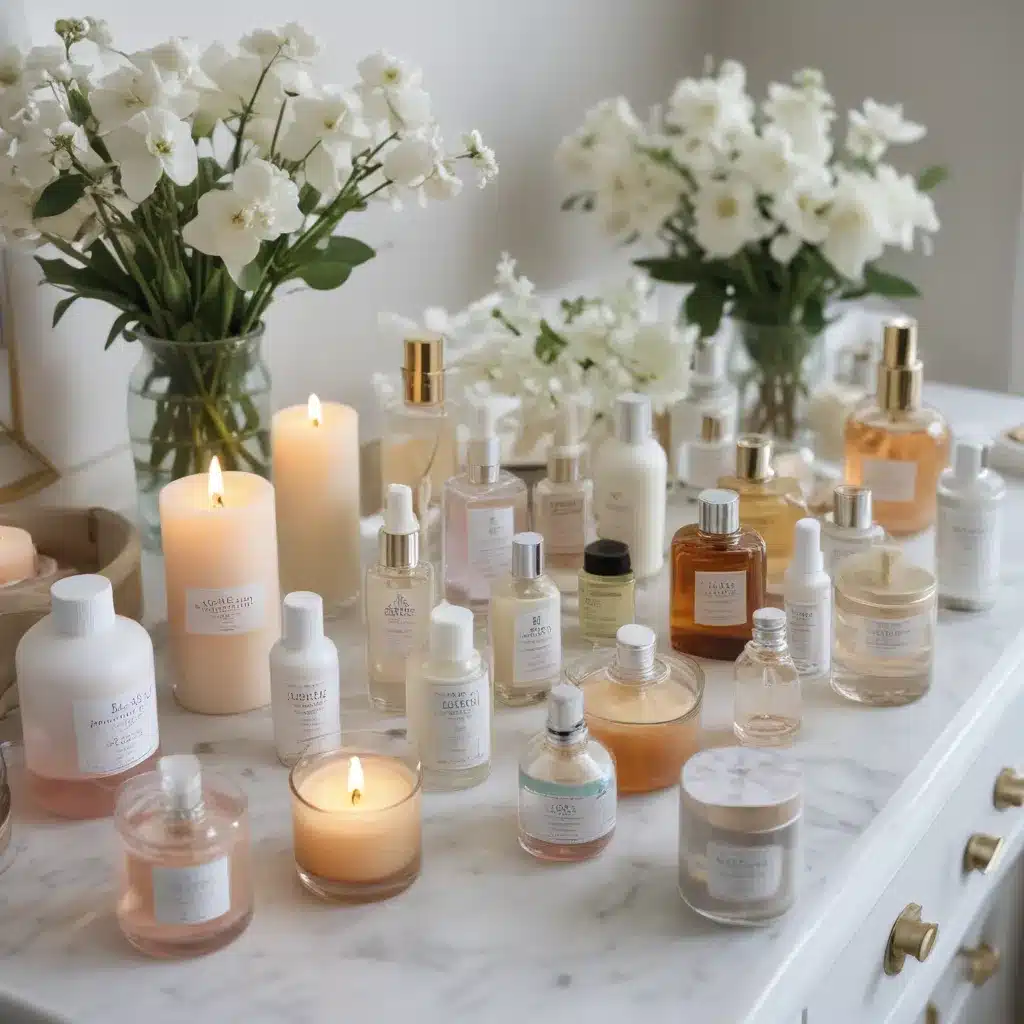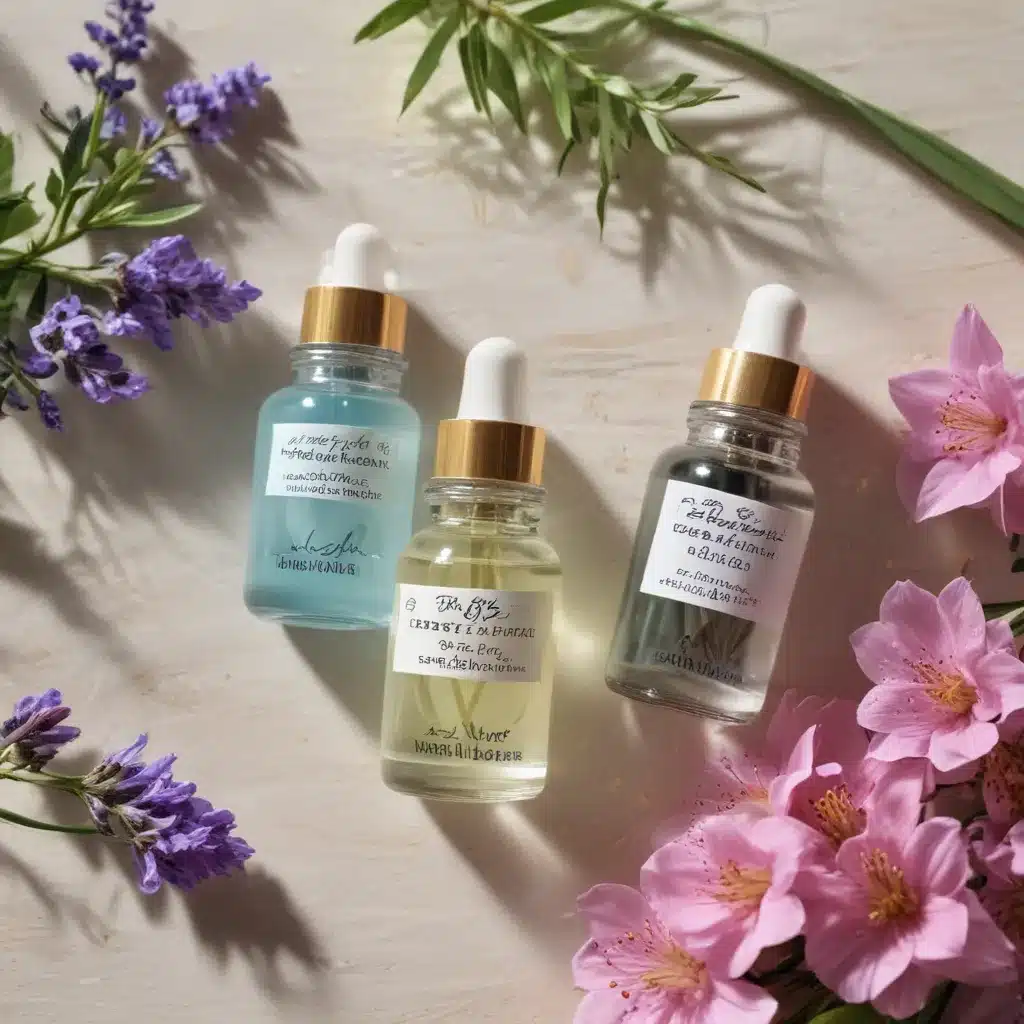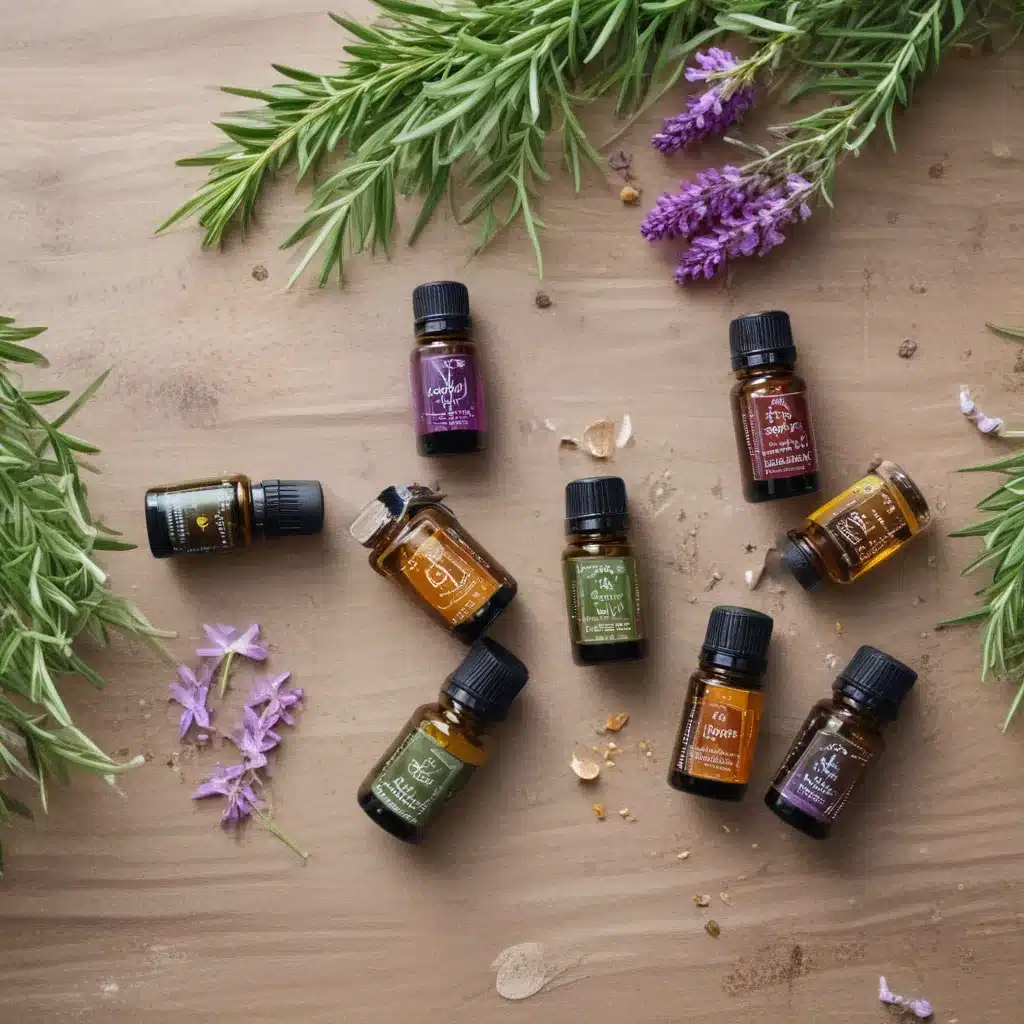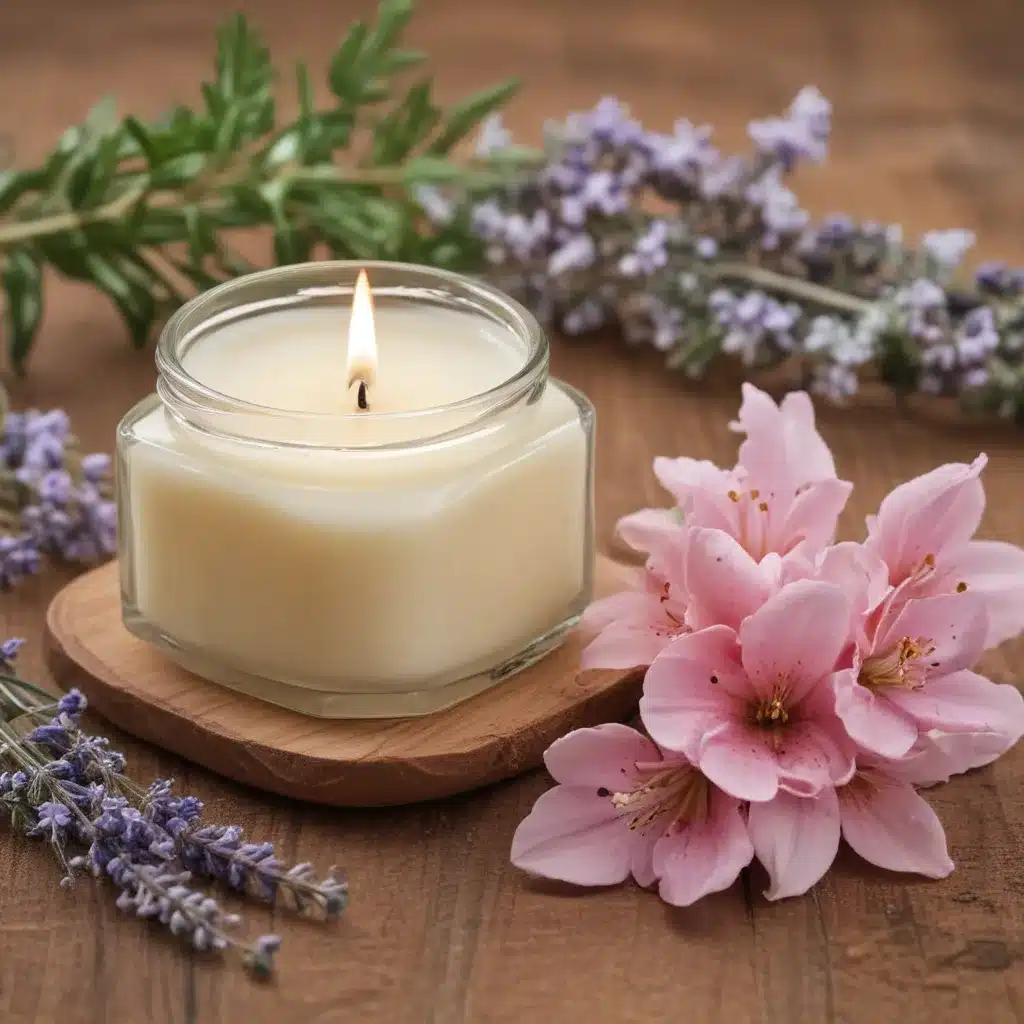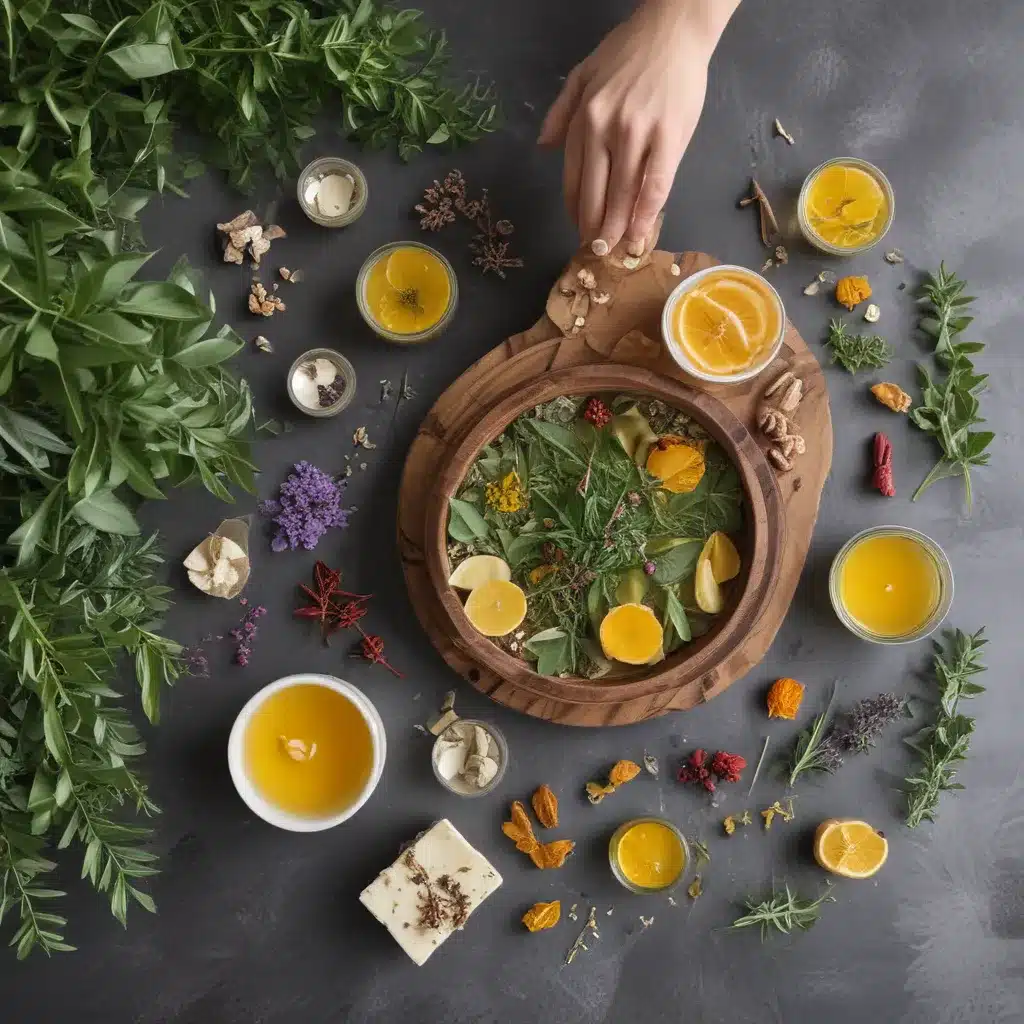
In a recent survey, 80% of participants reported feeling stressed on a regular basis. Essential oils have been gaining popularity as natural remedies for stress management and relaxation. While some may dismiss them as mere fragrances, the power of essential oils in promoting calmness and well-being is backed by science. From lavender to peppermint, these plant extracts offer a plethora of benefits beyond their pleasant scents. So, how exactly can essential oils help alleviate stress and enhance relaxation?
History of Essential Oils
I have always been fascinated by the rich history of essential oils and their use in various cultures throughout centuries. Essential oils have ancient origins dating back thousands of years. The Egyptians, Greeks, Romans, and Chinese all utilized these aromatic extracts for their medicinal uses and in religious ceremonies. The art of distilling essential oils was refined by the Arab scholars during the Middle Ages, preserving the knowledge and expanding the applications of these potent substances.
Ancient civilizations recognized the therapeutic benefits of essential oils long before modern science validated their efficacy. The Egyptians, for example, used oils like frankincense and myrrh in embalming practices and for religious rituals. The Greeks and Romans employed essential oils such as lavender and chamomile for their healing properties. In China, essential oils were integrated into traditional medicine to promote physical and emotional well-being.
The historical use of essential oils for medicinal purposes is a demonstration of their enduring value. From treating ailments to enhancing spiritual practices, essential oils have been an integral part of human culture for centuries. Understanding this rich tapestry of tradition and knowledge allows us to appreciate the profound impact these oils can have on our health and well-being today.
Types of Essential Oils
I’ll introduce the topic of the various types of essential oils. We will explore popular essential oil types, investigate the benefits each offers, and uncover useful tips and tricks for their effective usage. Let’s begin by understanding the diverse world of essential oils and how they can aid in stress management and relaxation.
Popular Essential Oil Types
Among the popular essential oil types commonly used for stress management and relaxation are lavender, peppermint, and chamomile. Lavender is known for its calming properties, peppermint for its invigorating scent, and chamomile for its soothing effects. These essential oils can be used individually or blended together to create a personalized aromatherapy experience.
| Lavender | Peppermint | Chamomile |
|---|---|---|
| Calming | Invigorating | Soothing |
| Stress relief | Mental clarity | Relaxation |
Combining these oils in various proportions can enhance their aromatherapy benefits, offering a unique sensory experience tailored to your specific needs. Experimenting with different essential oil blends can help create the perfect atmosphere for relaxation and stress relief.
Benefits of Each
Each of these popular essential oils offers unique benefits for stress management and relaxation.
- Lavender Oil: Known for its calming properties, lavender oil is excellent for promoting relaxation and reducing anxiety levels.
- Peppermint Oil: Peppermint oil is invigorating and can help alleviate stress-related headaches and improve focus.
- Chamomile Oil: Chamomile oil is soothing and perfect for winding down before bed, aiding in better sleep quality and overall relaxation.
These essential oils can be powerful allies in combating stress and incorporating relaxation techniques into your daily routine. Whether diffused, applied topically, or used in a soothing bath, each oil brings its own set of benefits to help you unwind and find peace amidst life’s demands.
Usage Tips and Tricks
Exploring various types of essential oils can offer a plethora of usage tips and tricks for incorporating them effectively into your stress management and relaxation routine. When it comes to maximizing aromatherapy benefits, consider using different essential oils in a diffuser to create unique blends that suit your mood. Additionally, significant essential oil storage is essential to maintain their potency. Store them in dark glass bottles in a cool, dark place to prolong their shelf life. Remember that essential oils are potent and should be diluted before applying them to the skin. By understanding these tips and tricks, you can make the most out of your essential oils for a calming and rejuvenating experience.
| Type of Tip | Description | Example |
|---|---|---|
| Aromatherapy Benefits | Combine lavender and chamomile for a relaxing blend | Lavender + Chamomile |
| Diffuser Techniques | Use a ceramic diffuser for a subtle aroma | Ceramic Diffuser |
| Essential Oil Storage | Store oils away from sunlight to maintain potency | Dark Glass Bottles |
Benefits of Aromatherapy
Aromatherapy offers a range of benefits that can help promote relaxation and alleviate stress. When using essential oils in aromatherapy, you can experience a variety of advantages that contribute to your overall well-being. Here are three key benefits of incorporating aromatherapy into your stress-relief and relaxation routine:
-
Stress Relief: Aromatherapy has been shown to have a calming effect on the mind and body. Essential oils like lavender, chamomile, and rose can help reduce feelings of anxiety and tension, promoting a sense of tranquility and peace. Inhaling these soothing scents can help lower cortisol levels, the stress hormone, leading to a more relaxed state.
-
Enhanced Relaxation: By incorporating aromatherapy into your relaxation techniques, you can create a serene environment that promotes rest and rejuvenation. Essential oils such as bergamot, frankincense, and ylang-ylang are known for their relaxation-inducing properties. Diffusing these oils or adding them to a warm bath can help you unwind after a long day and improve the quality of your sleep.
-
Emotional Balance: Aromatherapy can also aid in achieving emotional balance by uplifting your mood and reducing feelings of sadness or irritability. Scents like citrus oils, peppermint, and jasmine can help boost your spirits and create a positive atmosphere, supporting your mental well-being during challenging times.
Stress-Relief Techniques
When it comes to managing stress, incorporating simple yet effective techniques into your routine can make a significant difference. Two key practices, breathing exercises for stress and mindfulness for relaxation, are powerful tools that can help ease tension and promote a sense of calm. By implementing these stress-relief techniques, you can take proactive steps towards enhancing your overall well-being.
Breathing Exercises for Stress
Implementing simple breathing exercises can be a highly effective method for managing stress and promoting relaxation. When focusing on deep breathing, relaxation techniques can help calm the mind and body, reducing stress levels greatly. Mindful breathing is another powerful tool for stress relief, allowing you to stay present in the moment and let go of worries. Controlled breathing exercises, like the 4-7-8 technique, can aid in slowing down the heart rate and easing tension. Remember, taking deep breaths not only oxygenates the body but also signals the brain to relax. By incorporating these mindful breathing practices into your daily routine, you can cultivate a sense of calm and balance amidst life’s challenges.
Mindfulness for Relaxation
Deep breathing exercises set a strong foundation for stress management and relaxation, paving the way for exploring mindfulness techniques as additional tools for achieving inner peace and tranquility. Mindfulness practices involve focusing on the present moment without judgment, allowing a sense of calm to prevail. Engaging in relaxation techniques like body scans, progressive muscle relaxation, or guided imagery can further enhance the benefits of stress management through mindfulness. By incorporating mindful breathing into daily routines, individuals can cultivate a greater awareness of their thoughts and emotions, leading to a more balanced and centered state of being. Embracing mindfulness for relaxation not only aids in reducing stress levels but also promotes overall well-being and mental clarity.
Popular Essential Oil Blends
Crafting unique blends of essential oils can enhance the benefits of aromatherapy for stress management and relaxation. Custom blends allow for a personalized approach to harnessing the therapeutic properties of various essential oils. Here are three popular essential oil blends that can help promote relaxation and reduce stress:
-
Calming Blend: A combination of lavender, chamomile, and frankincense essential oils creates a soothing aroma that helps calm the mind and body. Lavender promotes relaxation, chamomile reduces anxiety, and frankincense encourages deep breathing, making this blend perfect for unwinding after a long day.
-
Uplifting Blend: Mixing citrus essential oils such as lemon, orange, and bergamot can create a stimulating and invigorating blend. Citrus scents are known for their mood-boosting properties, helping to lift spirits and promote a sense of positivity and energy.
-
Grounding Blend: Combining cedarwood, patchouli, and sandalwood essential oils can create a grounding blend that promotes a sense of stability and balance. Cedarwood is calming, patchouli is grounding, and sandalwood is centering, making this blend ideal for times when you need to feel more rooted and centered.
Experimenting with different essential oil blends can be a fun and rewarding way to customize your aromatherapy experience for stress relief and relaxation.
Creating a Relaxing Atmosphere
To cultivate a soothing environment conducive to relaxation, consider incorporating elements that promote tranquility and calmness. Aromatherapy benefits play a significant role in creating such an atmosphere. Essential oils like lavender, chamomile, and ylang-ylang are known for their calming properties. Diffusing these oils using a quality diffuser can fill the air with their natural scents, helping to reduce stress and anxiety levels.
Moreover, incorporating relaxation techniques into your environment can enhance the overall calming effect. Practicing deep breathing exercises can promote relaxation by reducing heart rate and blood pressure. Pairing these exercises with soft, ambient lighting can further set the mood for relaxation. Consider using dimmable lights or candles to create a warm and inviting atmosphere.
In addition, the use of sound can also contribute to a relaxing ambiance. Playing soft, soothing music or nature sounds can help drown out external noise and induce a sense of calm. Combining aromatherapy benefits, relaxation techniques, and soothing sounds can create a harmonious environment that promotes relaxation and reduces stress levels effectively.
Top Essential Oils for Anxiety
In exploring the world of stress management and relaxation, a key aspect to contemplate is the utilization of top essential oils known for their efficacy in alleviating anxiety. As someone who has personally experienced the benefits of aromatherapy, I understand the profound impact these natural remedies can have on one’s well-being. Here are three essential oils that have proven to be particularly effective in reducing anxiety:
-
Lavender Oil: Renowned for its calming properties, lavender oil is a popular choice for promoting relaxation and reducing stress. Its soothing aroma helps to ease tension and create a sense of tranquility, making it a valuable tool in anxiety management.
-
Chamomile Oil: With its gentle and comforting fragrance, chamomile oil is an excellent aid in promoting relaxation and alleviating anxiety. This oil is known for its ability to induce a sense of calmness and serenity, making it a valuable addition to your relaxation routine.
-
Ylang Ylang Oil: Known for its exotic floral scent, ylang ylang oil is prized for its ability to reduce feelings of stress and anxiety. By promoting relaxation and uplifting the mood, this essential oil can help create a harmonious atmosphere conducive to stress relief.
Incorporating these essential oils into your daily routine through diffusers, massages, or inhalation can enhance your overall well-being and contribute to a more peaceful state of mind.
DIY Essential Oil Recipes
When creating DIY essential oil recipes for relaxation and stress relief, the key lies in selecting the right combination of oils to cater to your specific needs and preferences. Aromatherapy blends offer a customizable way to harness the benefits of essential oils. For a calming blend, I recommend combining lavender, chamomile, and frankincense essential oils. Lavender is known for its soothing properties, chamomile can help with relaxation, and frankincense promotes a sense of tranquility.
To create your aromatherapy blend, start by adding 5-7 drops of each essential oil to a dark glass bottle. Swirl gently to mix the oils. You can then use this blend in a variety of ways. One popular method is to add a few drops to an essential oil diffuser. Essential oil diffusers disperse the aroma throughout the room, providing a subtle and continuous scent that can promote relaxation.
Alternatively, you can mix your blend with a carrier oil, such as sweet almond or jojoba oil, and use it for a calming massage. The act of massaging the oil into your skin can enhance the relaxing effects of the essential oils. Experiment with different combinations to find the blend that works best for you, and enjoy the benefits of DIY essential oil recipes in your stress management routine.
Essential Oil Safety Tips
Exploring the world of essential oils for stress relief and relaxation requires a vital awareness of essential oil safety tips to confirm a positive and beneficial experience. When delving into the domain of aromatherapy, it is important to prioritize safety to fully enjoy the benefits these oils offer. Here are some essential oil safety tips to keep in mind:
-
Inhalation Safety and Storage Precautions: Inhalation is a common method of using essential oils, but it’s important not to inhale them for extended periods. Always confirm proper ventilation when diffusing oils and store them in dark glass bottles in a cool, dark place to prevent degradation.
-
Dilution Ratios and Skin Sensitivity Considerations: Essential oils are highly concentrated and should never be applied directly to the skin. Dilute them with a carrier oil following recommended ratios to avoid skin irritation or sensitization. Conduct a patch test before widespread use to check for any adverse reactions.
-
Quality and Purity: Opt for high-quality, pure essential oils from reputable sources to guarantee their safety and efficacy. Adulterated oils may not only be less effective but also pose potential health risks.
Incorporating Oils Into Your Routine
When it comes to incorporating essential oils into your routine, understanding the various application methods and blending oil combinations plays a vital role. By exploring different ways to use oils such as diffusion, topical application, or inhalation, you can find what works best for you. Experimenting with blending different oils together can create personalized blends tailored to your specific needs and preferences.
Application Methods for Oils
Incorporating essential oils into your daily routine can be achieved through various application methods that cater to different preferences and needs. When it comes to enjoying the benefits of essential oils, you have the option to either inhale them or apply them to your skin. Here are three ways you can incorporate oils into your routine:
-
Inhalation Benefits: Inhaling essential oils can have a quick and direct impact on your mood and emotions, making it a great option for stress relief.
-
Skin Absorption: Applying oils topically allows for absorption through the skin, providing localized benefits such as relaxation or muscle tension relief.
-
Diffuser vs Topically: Choosing between using a diffuser or applying oils topically depends on your personal preferences and the desired effect you wish to achieve.
Blending Oil Combinations
To enhance the benefits of essential oils in your daily routine, blending different oil combinations can offer a versatile approach to cater to specific needs and preferences. Custom oil blends, created by mixing oils known for their stress-relief and relaxation properties, can be a powerful tool in your aromatherapy recipes. For stress relief, consider blending lavender, chamomile, and frankincense oils. These combinations are not only soothing but also promote relaxation, helping you unwind after a long day. Experimenting with various oil combinations can help you discover what works best for you, allowing you to personalize your relaxation techniques. By incorporating custom oil blends into your routine, you can elevate your aromatherapy experience and find a sense of calm amidst the chaos of daily life.
Aromatherapy for Better Sleep
Utilizing aromatic essential oils can enhance the quality of your sleep and promote a restful night’s rest. When it comes to improving sleep quality, incorporating essential oils into your bedtime routine can be a game-changer. Here are three key ways in which aromatherapy can help you achieve better sleep:
-
Creating a Relaxing Environment: By diffusing lavender, chamomile, or sandalwood essential oils in your bedroom before bedtime, you can create a calming atmosphere that signals to your body that it’s time to unwind and prepare for sleep. These scents have soothing properties that help relax both the mind and body, making it easier to fall asleep.
-
Enhancing Sleep Rituals: Establishing a consistent bedtime routine is important for signaling to your body that it’s time to sleep. Incorporating essential oils into your sleep rituals, such as adding a few drops to a warm bath or applying them to your pulse points before bed, can help reinforce this routine and condition your body to associate these scents with relaxation and sleep.
-
Supporting Relaxation Techniques: Essential oils can complement relaxation techniques such as deep breathing exercises or gentle yoga stretches before bed. Scents like bergamot, frankincense, or ylang-ylang can enhance the calming effects of these practices, promoting a sense of tranquility that is conducive to a restful night’s sleep.
Integrating aromatherapy into your nightly routine can be an important tool in improving the quality of your sleep and promoting overall well-being.
Essential Oils for Mindfulness
When it comes to mindfulness, essential oils can be invaluable tools. These aromatic extracts have the power to enhance focus and create a calming environment, perfect for meditation sessions. Exploring the world of aromatherapy for mindfulness can greatly elevate your practice.
Aromatherapy for Focus
Exploring the world of aromatherapy reveals a treasure trove of essential oils that can enhance focus and promote mindfulness. When seeking to improve concentration and cultivate mindfulness, certain essential oils can be powerful allies. Here are three key ways aromatherapy can support your focus and mindfulness journey:
- Aromatherapy benefits: Harness the natural benefits of essential oils to create a calming and focused environment conducive to mindfulness practices.
- Concentration techniques: Use essential oil blends strategically to sharpen your focus and boost cognitive performance.
- Mental clarity strategies: Incorporate aromatherapy into your daily routine to clear mental fog and enhance mindfulness in your everyday activities.
With the right essential oils and techniques, you can elevate your focus and mindfulness practices effortlessly.
Calming Scents for Meditation
In the domain of aromatherapy, the use of calming scents plays a significant role in enhancing the meditative experience, fostering mindfulness through the soothing properties of essential oils. When it comes to selecting the perfect essential oils for meditation, certain scents are renowned for their ability to promote relaxation and centering of the mind. Below is a table highlighting some of the most popular meditation scents and their aromatherapy benefits:
| Scent | Aromatherapy Benefits |
|---|---|
| Lavender | Calming and stress-relieving |
| Frankincense | Grounding and spiritual |
| Sandalwood | Relaxing and centering |
| Bergamot | Uplifting and mood-enhancing |
| Patchouli | Balancing and calming |
Integrating these calming scents into your meditation routine can deepen your practice and create a more tranquil environment for mindfulness.
Using Oils for Self-Care
Utilizing essential oils for self-care can provide a soothing and rejuvenating experience to promote overall well-being. Incorporating essential oil rituals into my self-care routine has been transformative, allowing me to create moments of tranquility amidst the chaos of daily life. Here are three ways I have personally found essential oils to enhance my self-care practices:
-
Mindful Aromatherapy Benefits: By incorporating essential oils like lavender or chamomile into my self-care routine, I engage my sense of smell, triggering relaxation responses in my brain. This mindful practice helps me unwind and de-stress after a long day.
-
Relaxation Techniques: When I feel overwhelmed, I turn to essential oils like bergamot or ylang-ylang to create a calming atmosphere. Whether through diffusing oils or adding a few drops to a warm bath, these relaxation techniques help me release tension and find inner peace.
-
Self-Care Rituals: Establishing self-care rituals with essential oils has become a cornerstone of my well-being. Whether it’s a morning meditation with frankincense oil or a bedtime routine with cedarwood, these rituals provide me with moments of self-nurturing that are essential for my mental and emotional health.
Incorporating essential oils into my self-care routine has not only enhanced my well-being but has also allowed me to cultivate a deeper connection with myself through these intentional practices.
Enhancing Wellness With Aromas
Enhancing overall wellness can be achieved through the use of aromas, which play a significant role in promoting relaxation and stress relief. Aroma therapy benefits are vast, offering a natural and holistic approach to well-being. The power of scent is remarkable; it can transport us to different places, evoke memories, and influence our emotions. By incorporating the right aromas into our daily routines, we can enhance our overall wellness and create a more balanced and harmonious life.
Wellness through scents is a practice that has been embraced for centuries, with various cultures recognizing the therapeutic properties of different fragrances. Below is a table highlighting some popular essential oils and their associated wellness benefits:
| Essential Oil | Wellness Benefits |
|---|---|
| Lavender | Calming, aids sleep |
| Peppermint | Invigorating, relieves headaches |
| Eucalyptus | Clears sinuses, boosts energy |
| Chamomile | Soothes anxiety, promotes relaxation |
| Lemon | Uplifting, improves mood |
These essential oils can be diffused, applied topically, or added to bathwater to enjoy their wellness benefits. Experiment with different scents to find what works best for you, and let the power of aromas enhance your journey to improved well-being.
Conclusion
To sum up, essential oils have been trusted natural allies for stress management and relaxation for centuries. As the saying goes, ‘calm seas never made a skilled sailor.’ Incorporating aromatherapy into your daily routine can help navigate the rough waters of stress and promote a sense of tranquility and well-being. So, why not start on this aromatic journey towards a more balanced and peaceful state of mind?


